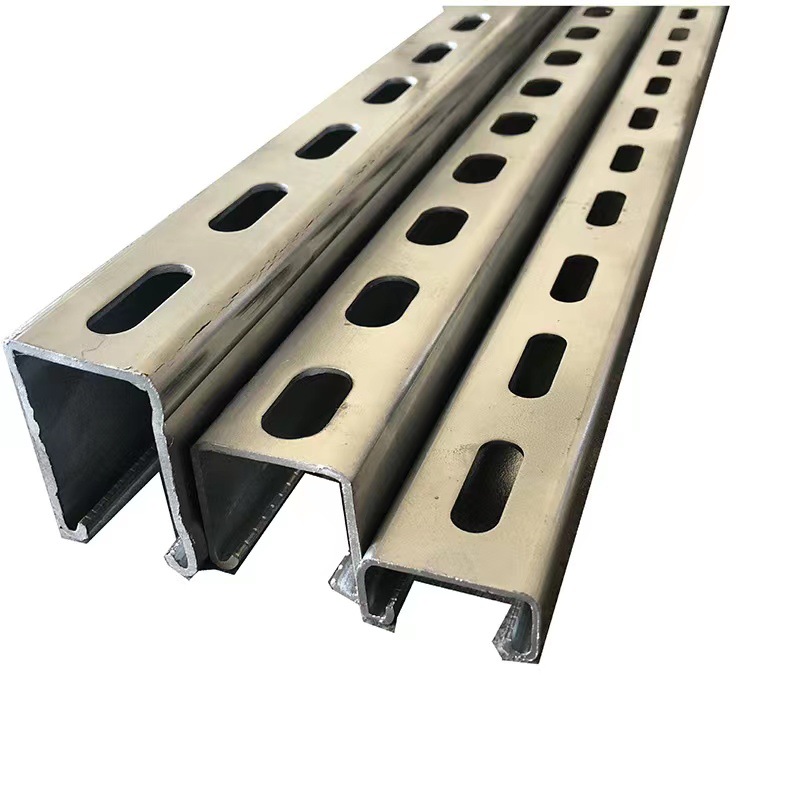

M16 Stud Bolt Specifications and Applications for Industrial Use
Nov . 17, 2024 19:03 Back to list
M16 Stud Bolt Specifications and Applications for Industrial Use
Understanding M16 Stud Bolts Application and Importance
M16 stud bolts are a crucial component in various engineering and industrial applications, commonly utilized for fastening and joining purposes. Their significance lies in their ability to provide strong, reliable connections in environments that require durability and stability. In this article, we will explore the essential features, applications, and advantages of M16 stud bolts.
What is an M16 Stud Bolt?
An M16 stud bolt is a type of fastener characterized by a male-threaded design that is used to join two or more components. The 'M' in M16 indicates that the bolt has a metric thread, with '16' referring to the nominal diameter of 16 mm. Stud bolts can have threads on both sides or just on one end, depending on the specific requirements of the application. They are typically made from high-strength materials such as carbon steel, alloy steel, or stainless steel, ensuring robustness and resistance to wear and corrosion.
Applications of M16 Stud Bolts
M16 stud bolts find extensive application across various industries, including construction, automotive, and aerospace. In construction, they are often used in structural assemblies where large loads are involved, such as in bridges, high-rise buildings, and industrial facilities. In the automotive sector, these stud bolts are vital for securing engine components and other critical parts, ensuring that they can withstand the vibrations and stresses of operation.
Moreover, M16 stud bolts play a significant role in the oil and gas industry, especially in the assembly of pipelines and pressure vessels where they provide leak-proof connections. Their use in machinery and equipment also extends to the mining and marine industries, where reliability and safety are paramount.
m16 stud bolt

Advantages of Using M16 Stud Bolts
One of the primary advantages of M16 stud bolts is their ability to withstand high levels of tension and shear. This makes them ideal for heavy-duty applications where the integrity of the connection is crucial. Additionally, the precision engineering involved in the manufacturing of these bolts leads to better alignment and reduced risk of loosening over time, which is particularly important in applications exposed to dynamic loads.
Another significant benefit is the variety of materials available for M16 stud bolts. Depending on the environmental conditions they will face, options such as galvanization and coatings can enhance resistance to corrosion, further promoting longevity and reliability.
Furthermore, the straightforward installation process of stud bolts simplifies maintenance and repairs. In many cases, they can be easily replaced without disassembling entire systems, saving both time and costs.
Conclusion
In conclusion, M16 stud bolts are an indispensable component in many industries, providing robust solutions for fastening and structural stability. Their unique design, coupled with high-strength materials, ensures that they can meet the demands of various applications. Understanding their features and benefits can help engineers and designers make informed decisions when selecting the appropriate fasteners for their projects, ultimately leading to safer and more efficient constructions.
Latest news
-
Hot Dip Galvanized Bolts-About LongZe|High Strength, Corrosion Resistance
NewsJul.30,2025
-
High-Strength Hot Dip Galvanized Bolts - Hebei Longze | Corrosion Resistance, Customization
NewsJul.30,2025
-
Hot Dip Galvanized Bolts-Hebei Longze|Corrosion Resistance&High Strength
NewsJul.30,2025
-
High-Strength Hot-Dip Galvanized Bolts-Hebei Longze|Corrosion Resistance&High Strength
NewsJul.30,2025
-
Hot Dip Galvanized Bolts-Hebei Longze|Corrosion Resistance&High Strength
NewsJul.30,2025
-
Hot Dip Galvanized Bolts - Hebei Longze | Corrosion Resistance, High Strength
NewsJul.30,2025

